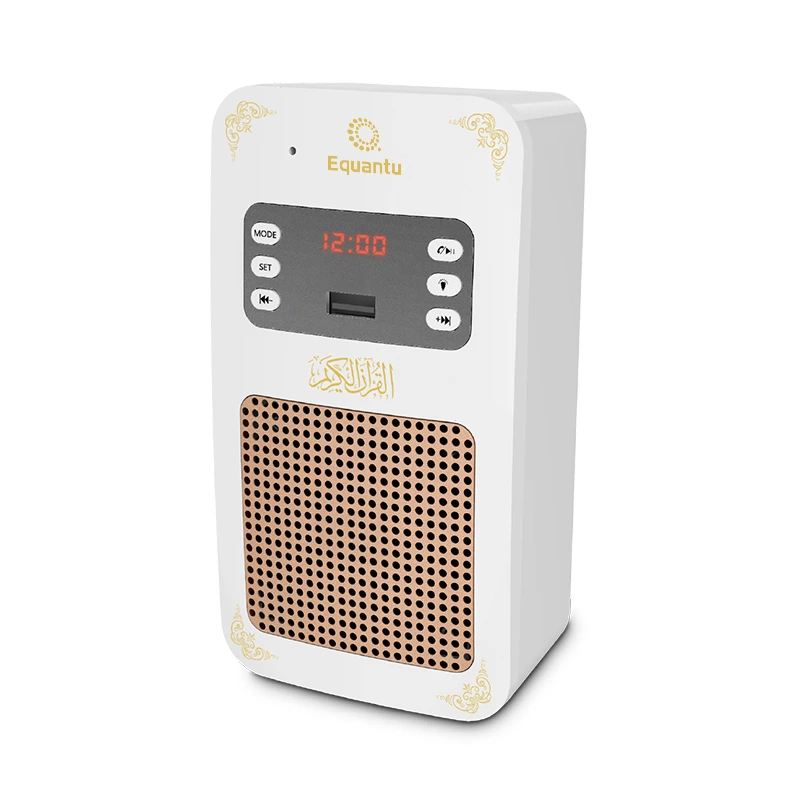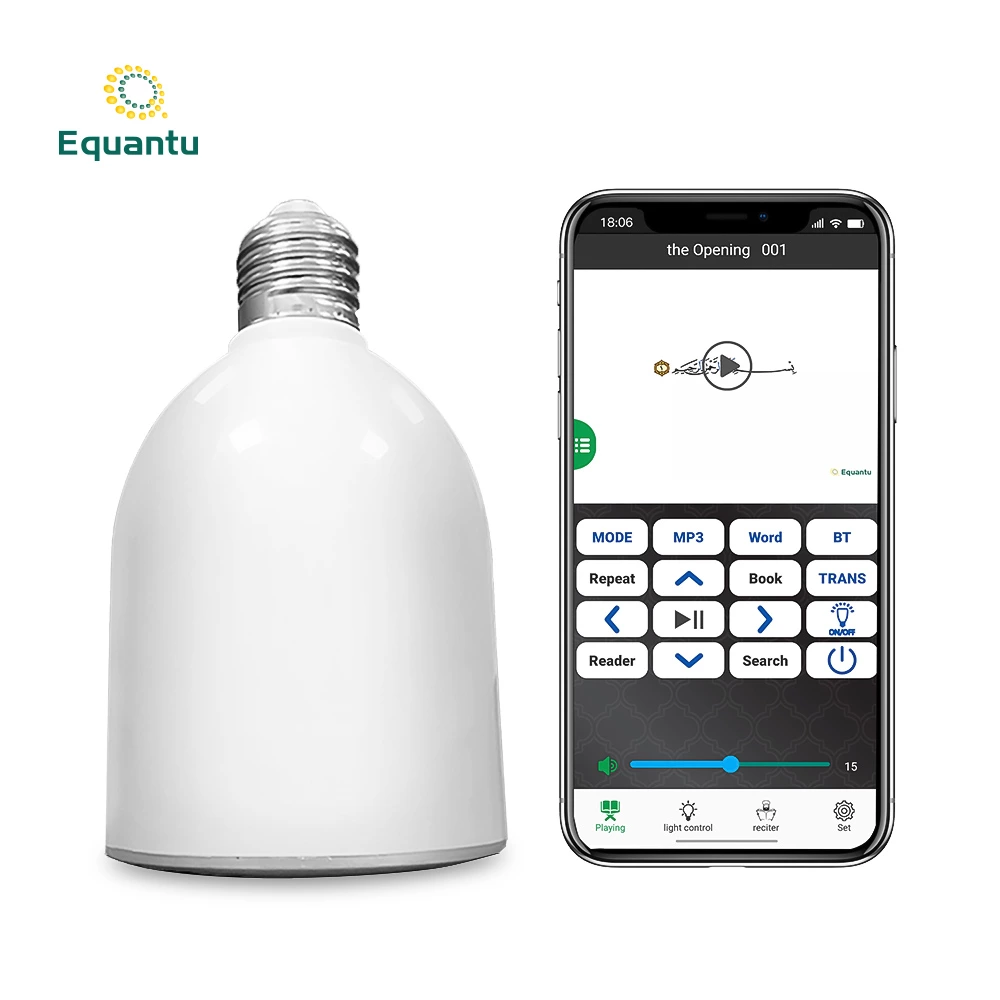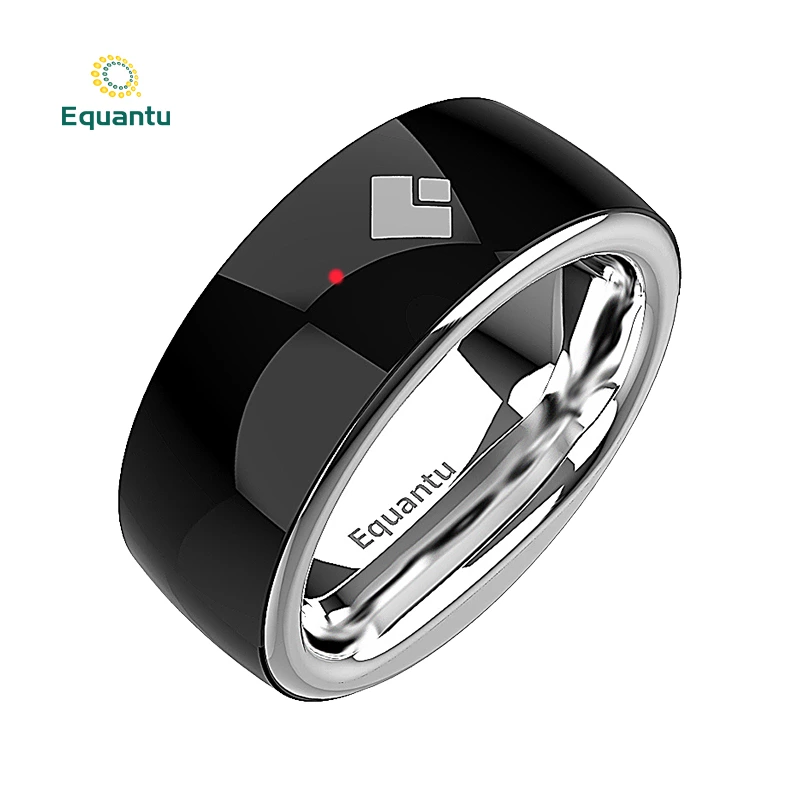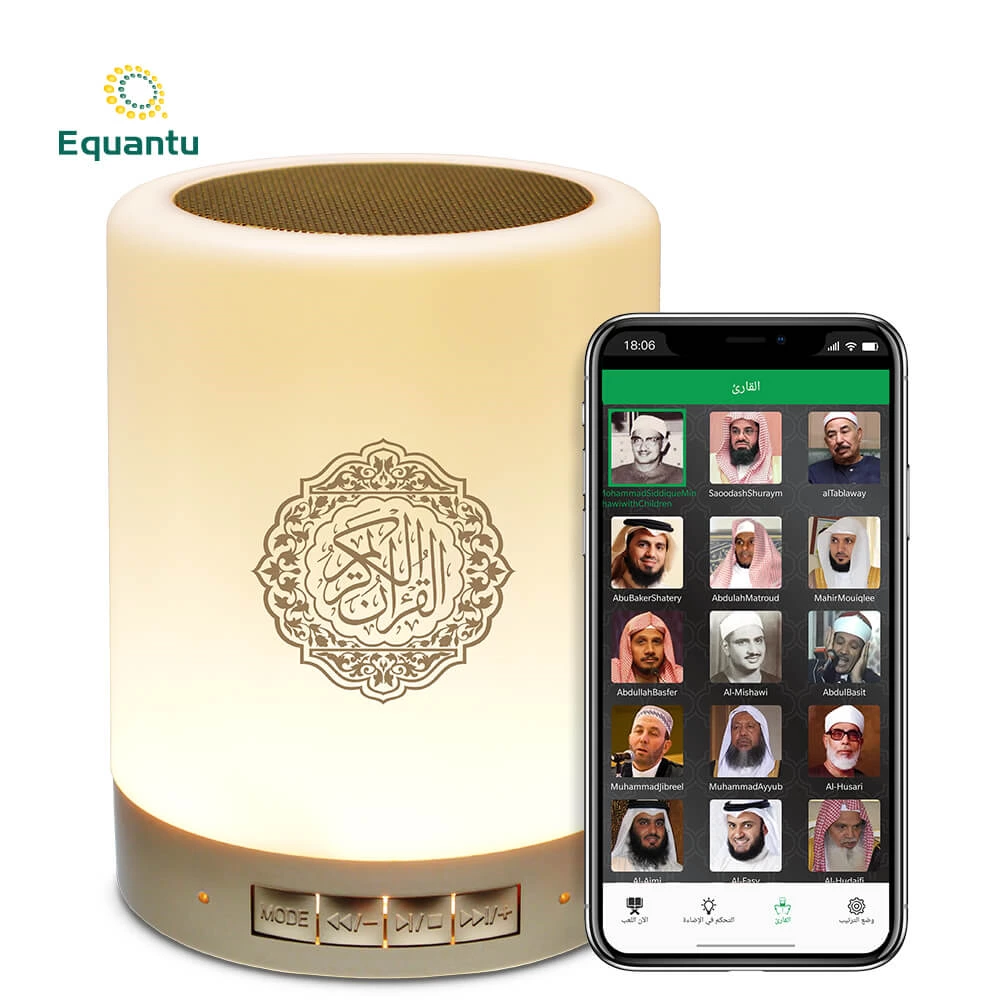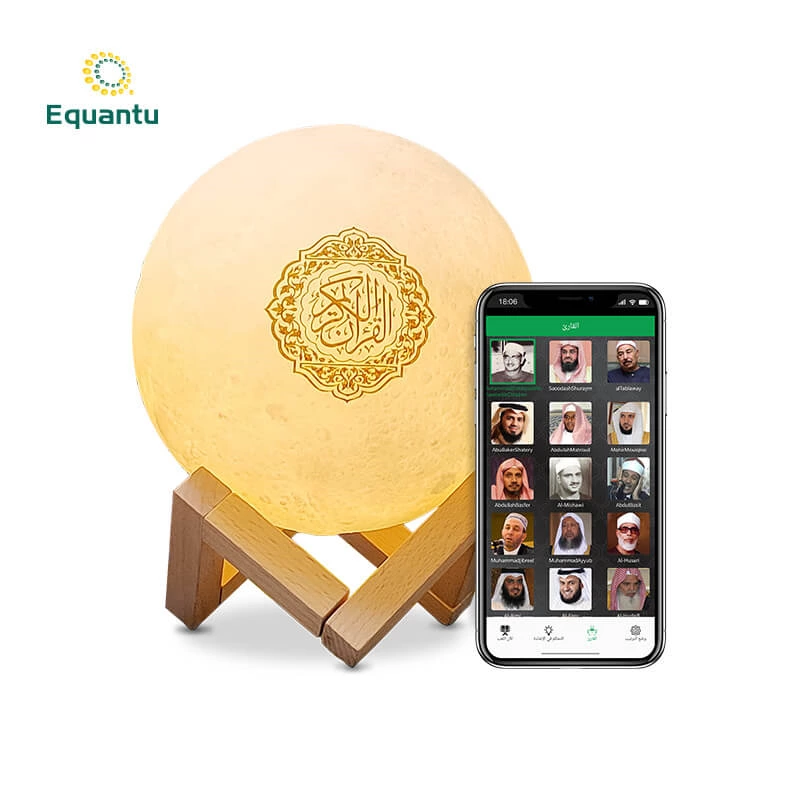Diverse Interpretations of Halal Standards
One of the primary challenges in halal certification is the diverse interpretations of halal standards across different regions and certification bodies. While the core principles of halal remain consistent, variations arise from:
- Cultural Influences: Different cultural contexts influence the interpretation and implementation of halal standards, leading to discrepancies.
- Regional Authorities: Various countries have their own halal certification bodies, each with unique guidelines and requirements.
- Religious Scholars: Differences in religious scholarship and jurisprudence contribute to varying standards and practices.
Lack of Standardization
The absence of a unified global standard for halal certification leads to inconsistencies in the certification process. This lack of standardization results in:
- Confusion for Consumers: Muslim consumers may find it challenging to understand the credibility and reliability of different halal certifications.
- Market Barriers for Businesses: Companies may face difficulties in navigating multiple certification requirements, increasing the complexity and cost of achieving certification.
- Trust Issues: Inconsistent standards can erode trust in halal certifications, undermining the confidence of Muslim consumers in the certification process.
Variations in Certification Processes
Halal certification processes vary significantly among different certification bodies, presenting challenges for businesses aiming to comply globally. These variations include:
- Inspection Criteria: Different bodies may have distinct criteria for inspecting and approving products, leading to inconsistencies in certification outcomes.
- Documentation Requirements: The level of detail and type of documentation required can differ, complicating the certification process for businesses.
- Renewal and Auditing Procedures: The frequency and rigor of renewals and audits vary, affecting the ongoing compliance and certification status of products.
Cross-Contamination and Supply Chain Management
Ensuring halal compliance throughout the supply chain is a critical challenge, particularly for businesses operating internationally. Issues include:
- Cross-Contamination Risks: Maintaining separation from haram substances during production, storage, and transportation is essential but can be difficult to manage across different regions.
- Supplier Compliance: Ensuring that all suppliers adhere to halal standards requires robust monitoring and collaboration, which can be resource-intensive.
- Traceability: Implementing effective traceability systems to track halal compliance throughout the supply chain is crucial but challenging, especially for complex supply networks.
Technological and Logistical Barriers
Advancements in technology offer opportunities to streamline halal certification processes, but they also present challenges:
- Digital Integration: Integrating halal certification with digital tools and platforms requires significant investment and technical expertise.
- Logistical Coordination: Coordinating certification processes across multiple regions and time zones can be logistically challenging, impacting efficiency and consistency.
Implications for Modern Islamic Products
For modern Islamic products like Quran speakers and Zikr rings, navigating these challenges is essential to ensure halal compliance and market success. Specific implications include:
- Material Sourcing: Ensuring that all materials used in Quran speakers and Zikr rings are halal-certified, which may involve sourcing from multiple suppliers and regions.
- Manufacturing Processes: Implementing strict quality control measures to prevent cross-contamination and maintain halal integrity during production.
- Certification Costs: Managing the financial burden of obtaining multiple certifications to meet diverse regional standards, which can impact pricing and profitability.
Strategies to Overcome Challenges
Businesses can adopt several strategies to address the challenges in global halal certification standards:
- Unified Standards Advocacy: Collaborating with international halal organizations to advocate for standardized global halal certification criteria.
- Comprehensive Training: Providing thorough training for staff and suppliers on halal standards and certification processes to ensure consistent compliance.
- Advanced Technology Adoption: Leveraging digital tools and traceability systems to streamline certification processes and enhance supply chain transparency.
- Strategic Partnerships: Building partnerships with reputable halal certification bodies to navigate regional variations and ensure credibility.
Conclusion
The challenges in global halal certification standards highlight the complexities businesses face in ensuring halal compliance across diverse markets. For products like Quran speakers and Zikr rings, overcoming these challenges is crucial for gaining consumer trust and expanding market reach. By understanding and addressing these issues, businesses can navigate the intricate landscape of halal certification, ensuring their products meet the highest standards of Islamic law and cater effectively to the global Muslim community.

